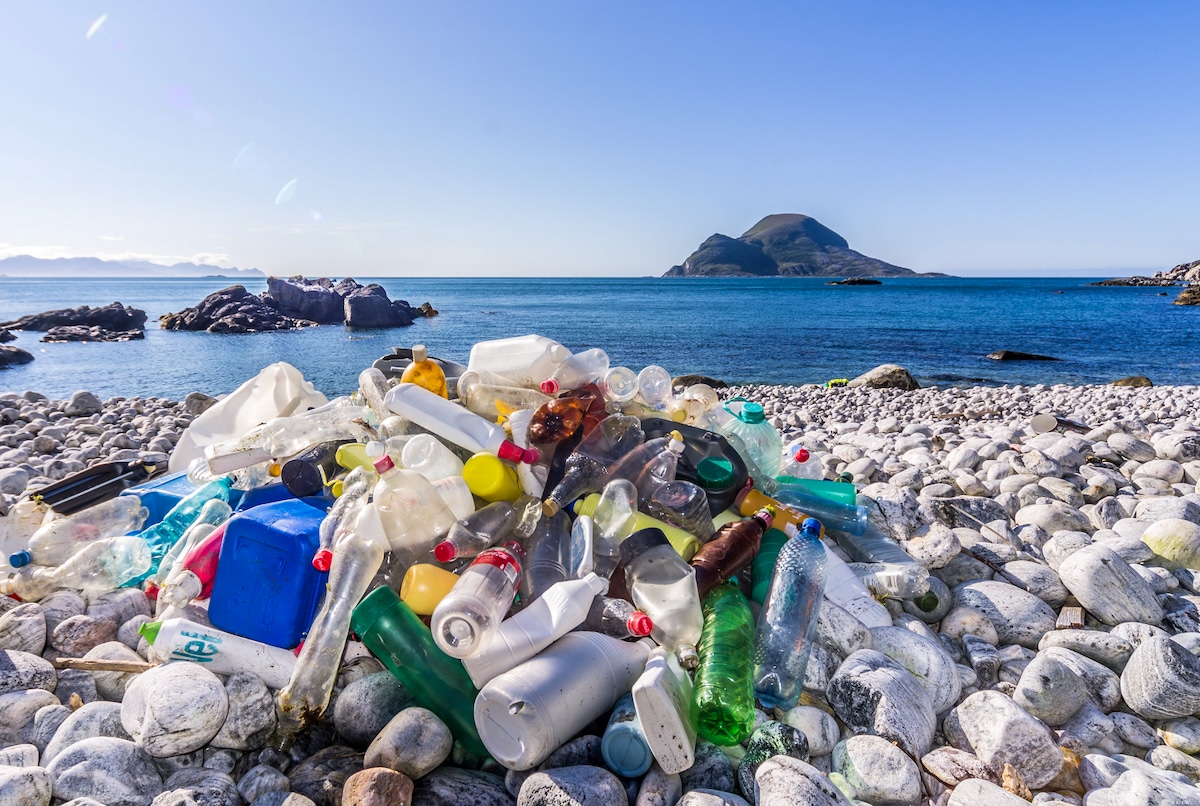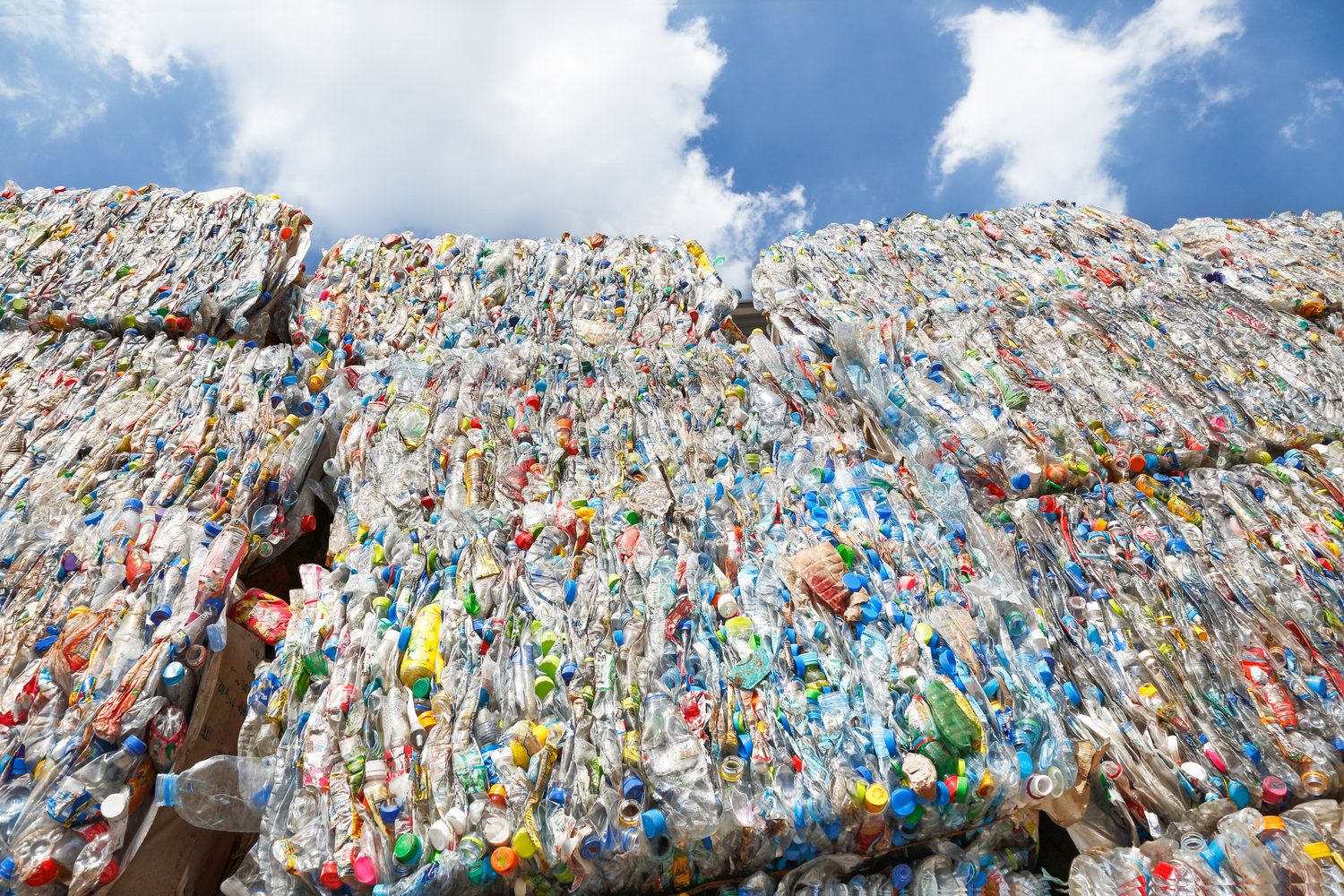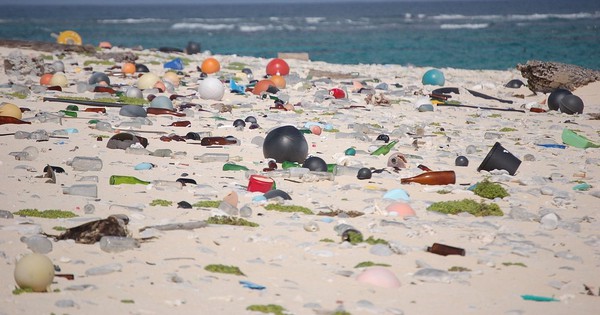
A new study on plastic pollution in 84 countries has linked half of branded plastic pollution to only 56 firms, with about 24% of the plastic waste analyzed connected to only 5 companies Coca Cola, PepsiCo, Nestle, Danone and Altria.

Plastic pollution in the world's oceans has reached "unprecedented levels" over the past 15 years, a new study has found, calling for a legally binding international treaty to stop the harmful waste.

At 42m metric tons of plastic waste a year, the US generates more waste than all EU countries combined. Recycling infrastructure has failed to keep pace with the huge growth in American plastic production.

A new device successfully hauled 20,000 pounds of trash out of the Pacific Ocean last week. This technology could potentially help clean up the Great Pacific Garbage Patch.

Despite efforts to export plastic waste for recycling, almost one-third of it leaving Europe isn't getting recycled at all. It is estimated that there are currently more than 150 million metric tons of plastic waste in the ocean.

Even if governments around the world meet their ambitious global commitments, worldwide annual emissions to rivers, lakes and oceans could be as much as 53 million metric tones by the year 2030.

Recent study revealed that ocean plastic pollution will triple by 2040 if nothing is done to stop it. That translates to a horrifying 50 kilograms of plastic per 1 meter of shoreline.

Almost one billion tonnes of plastic will be dumped on land and in the oceans over the period from 2016 to 2040 unless the world acts, say a team of 17 global experts.

A recent clean-up operation by Ocean Voyages Institute has removed around 103 tons of fishing nets and plastics trash from the Great Pacific Garbage Patch in between the coasts of California and Hawaii.

The masks are made of the plastic polypropylene, which is not easily biodegradable. The accumulation of discarded face masks litters the environment and poses serious risks to the equilibrium of habitats and the health of wildlife.

According to a recent study, up to 1.9 million pieces of microplastic is located in a 5 cm-thick layer covering just one square metre. It is the highest levels of microplastics yet recorded on the ocean floor.

It seems we're releasing anywhere around 10 to 30 nanograms of plastic fragments just a few nanometres across for every 3 metres (about 10 feet) of plastic we break apart.

The Earth Island Institute asked for unspecified damages and an order for Coca-Cola, Pepsi, Nestle USA, Procter & Gamble and six other companies to clean up plastic waste that the group says has created a global pollution crisis.

Malaysia will no longer allow other countries to dump their plastic waste on its land. The country has successfully returned 150 containers of plastic waste to 13 mostly wealthy nations since the end of last year.

Hawaii's most populated island is implementing tough new rules for packaging. Honolulu City will ban food and beverages from being served in polystyrene containers and with disposable utensils or plastic straws from 2021.